Transition: Najma, the crusader
She was outspoken to a fault on issues that she championed with fearless passion
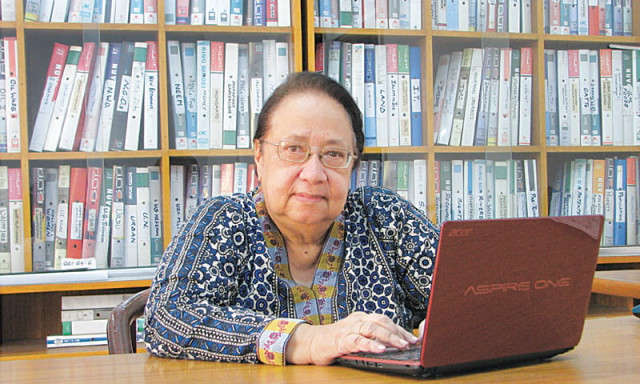
Najma Sadeque. PHOTO: FILE
I was introduced to Najma while she was still a student at Dhaka’s Holy Family Girls College, not in person but via our Notre Dame College grapevine. The remarkable English language skills that she had acquired while still a student had tagged her as one who had memorized the Oxford Dictionary itself! With her mother, Mrs. Sadeque, Dean of Faculty of Arts at the Dhaka University and brother, Putli Sadeque, a leading mathematician, Najma’s family was part of the then East Pakistan’s intellectual niche. The lean, tall, bespectacled Putli was a role model for those of us who were more interested in cricket than in studies as he was our University’s leading fast bowler as well.

I finally met Najma in person at the Arts Council in Karachi sometime in mid-1960s where her work of art was on display. She was introduced to me by my former college mate, Ehtasham Rasool who had by then become an officer in Pakistan Navy as his fiancé. Later I met the couple socially a number of times at their Karachi flat after they had got married. At that time she was more of a socialite than a social worker. Next when I see her after having lost touch in the immediate pre-and post-1971 war period she had become a full-fledged journalist and a single mother. My friend Ehtasham meanwhile had remarried. But I never met him after the war as he was repatriated to Bangladesh where he became a top naval officer before passing away at a relatively young age.
A very warm and caring person in private, Najma always treated me with the same degree of friendship that we had before my friend and she went their separate ways. I felt she was handling her divorce not as a tragedy but as a challenge. Since both were almost in the same sort of work, we frequently crossed each other, at times fleetingly and at others we had leisurely discussions on topics of her choice. It was always an enlightening experience to listen to her. And that was what I always did whenever we met. Najma, rest in peace. I will miss you immensely.
Published in The Express Tribune, January 12th, 2015.

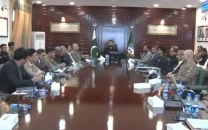

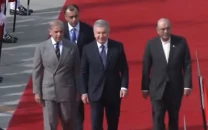
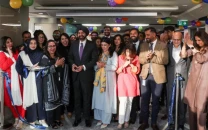
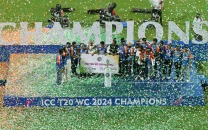
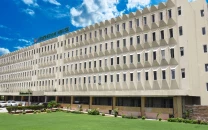












COMMENTS
Comments are moderated and generally will be posted if they are on-topic and not abusive.
For more information, please see our Comments FAQ